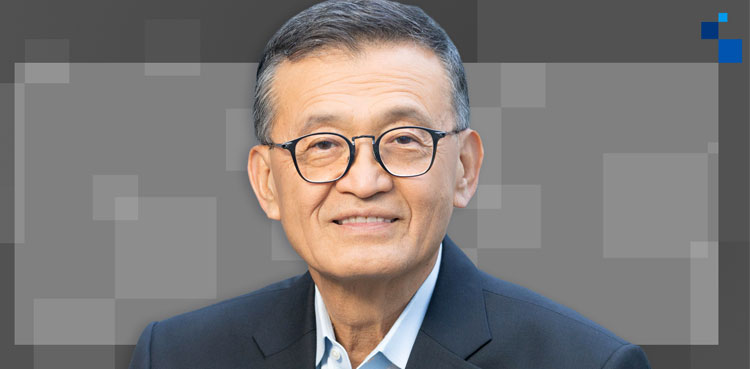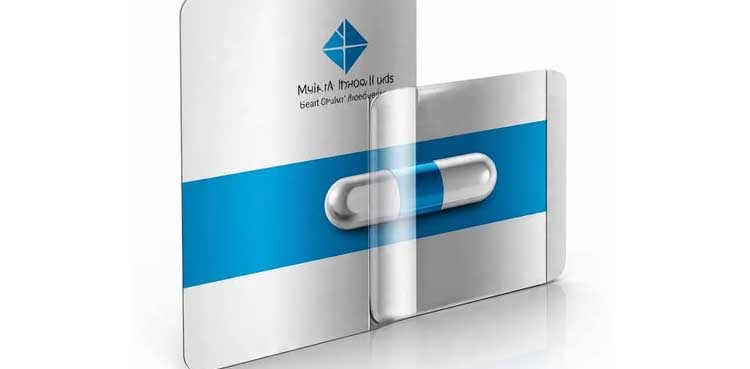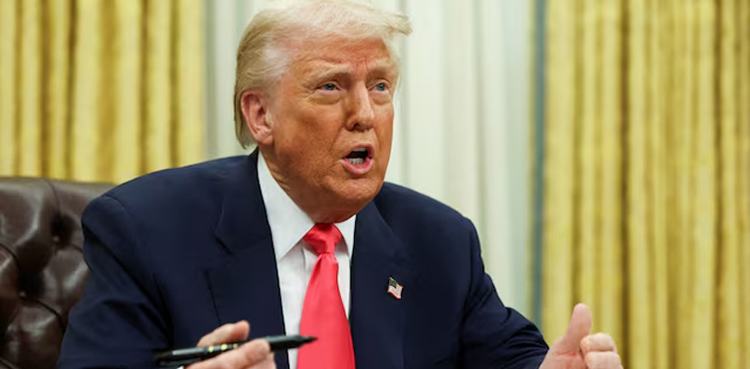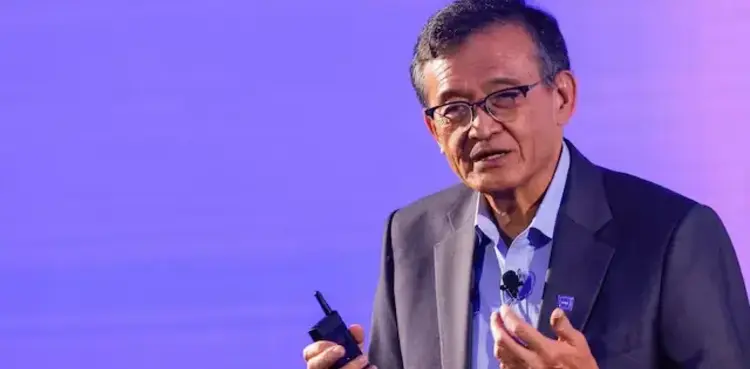Israel’s political-security cabinet approved a plan to take control of Gaza City early on Friday, hours after Prime Minister Benjamin Netanyahu said Israel intended to take military control of the entire strip despite intensifying criticism at home and abroad over the devastating almost two-year-old war.
“The IDF will prepare to take control of Gaza City while providing humanitarian aid to the civilian population outside the combat zones,” Netanyahu’s office said in a statement, referring to the Israeli Defence Forces.
Gaza City, in the north of the strip, is the largest city in the enclave.
Axios reporter Barak Ravid, citing an Israeli official, said on X the plan involved evacuating Palestinian civilians from Gaza City and launching a ground offensive there.
Netanyahu on Thursday told Fox News Channel’s Bill Hemmer in an interview “we intend to” when asked if Israel would take over the entire coastal territory.
“We don’t want to keep it. We want to have a security perimeter. We don’t want to govern it. We don’t want to be there as a governing body.”
He said Israel wanted to hand over the territory to Arab forces that would govern it. He did not elaborate on the governance arrangements or which Arab countries could be involved.
Netanyahu made the comments to Fox News ahead of a meeting with a small group of senior ministers to discuss plans for the military to take control of more territory in Gaza.
Israeli officials described a previous meeting this week with the head of the military as tense, saying military chief Eyal Zamir had pushed back on expanding Israel’s campaign.
In its Friday statement, Netanyahu’s office said the vast majority of the political-security cabinet members believed that “the alternative plan presented in the cabinet would not achieve the defeat of Hamas nor the return of the hostages.”
Two government sources said any resolution by the security cabinet would need to be approved by the full cabinet, which may not meet until Sunday.
Among the scenarios being considered ahead of the security meeting was a phased takeover of areas in Gaza not yet under military control, one of the sources said, speaking on condition of anonymity.
Evacuation warnings could be issued to Palestinians in specific areas of Gaza, potentially giving them several weeks before the military moves in, the person added.
Total control of the territory would reverse a 2005 decision by Israel by which it withdrew Israeli citizens and soldiers from Gaza, while retaining control over its borders, airspace and utilities.
Right-wing parties blame that withdrawal decision for the Palestinian group Hamas gaining power there in a 2006 election.
It was unclear whether Netanyahu was foreseeing a prolonged takeover or a short-term operation. Israel has repeatedly said it aims to dismantle Hamas and free Israeli hostages.
Hamas in a statement called Netanyahu’s comments “a blatant coup” against the negotiation process.
“Netanyahu’s plans to expand the aggression confirm beyond any doubt that he seeks to get rid of his captives and sacrifice them,” the statement said.
Read more: Israel kills an average of 28 Palestinian children daily in Gaza: UNICEF
Arab countries would “only support what Palestinians agree and decide on,” a Jordanian official source told Reuters, adding that security in Gaza should be handled through “legitimate Palestinian institutions.”
Hamas official Osama Hamdan told Al Jazeera the group would treat any force formed to govern Gaza as an “occupying” force linked to Israel.
Earlier this year Israel and the United States rejected an Egyptian proposal, backed by Arab leaders, that envisaged the creation of an administrative committee of independent, professional Palestinian technocrats entrusted with the governance of Gaza after the war.
Opinion polls show most Israelis want the war to end in a deal that would see the release of the remaining hostages.
The White House had no immediate comment. President Donald Trump has declined to say whether he supported or opposed a potential full military takeover of Gaza by Israel.
Netanyahu’s government has insisted on total victory over Hamas, which ignited the war when it staged a deadly October 2023 attack on Israel from Gaza.
The U.N. has called reports about a possible expansion of Israel’s military operations in Gaza “deeply alarming” if true.
The idea, pushed especially by far-right ministers in Netanyahu’s coalition, of Israeli forces moving into areas they do not already hold in the enclave has also generated alarm in Israel.
PROTESTERS DEMAND END TO WAR
Outside the prime minister’s office in Jerusalem on Thursday evening, hundreds of demonstrators protested against an expanded war, demanding an immediate end to the military campaign in return for the release of all the hostages.
Protesters held signs bearing the faces of hostages still held in Gaza and voiced deep frustration with the government’s handling of the crisis.
“I’m here because I am sick and tired of this government. It’s ruined our life,” said 55-year-old Noa Starkman, a Jerusalem resident who was born in a southern Israeli community close to where Hamas attacked in October 2023.
The Hostages Families Forum, which represents captives held in Gaza, urged military Chief of Staff Eyal Zamir to oppose widening the war. Defence Minister Israel Katz said on Wednesday that the military would carry out the government’s decisions until all war objectives were achieved.









